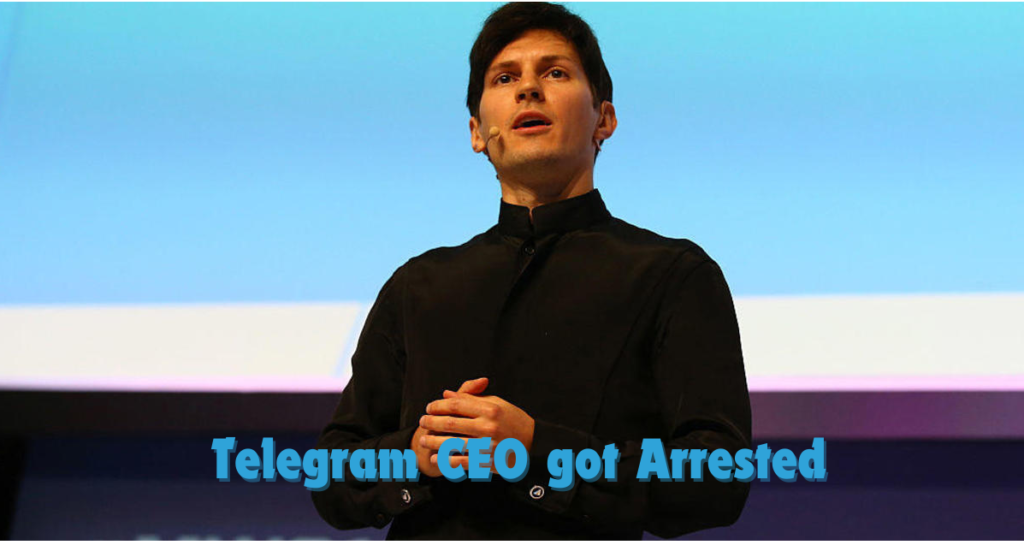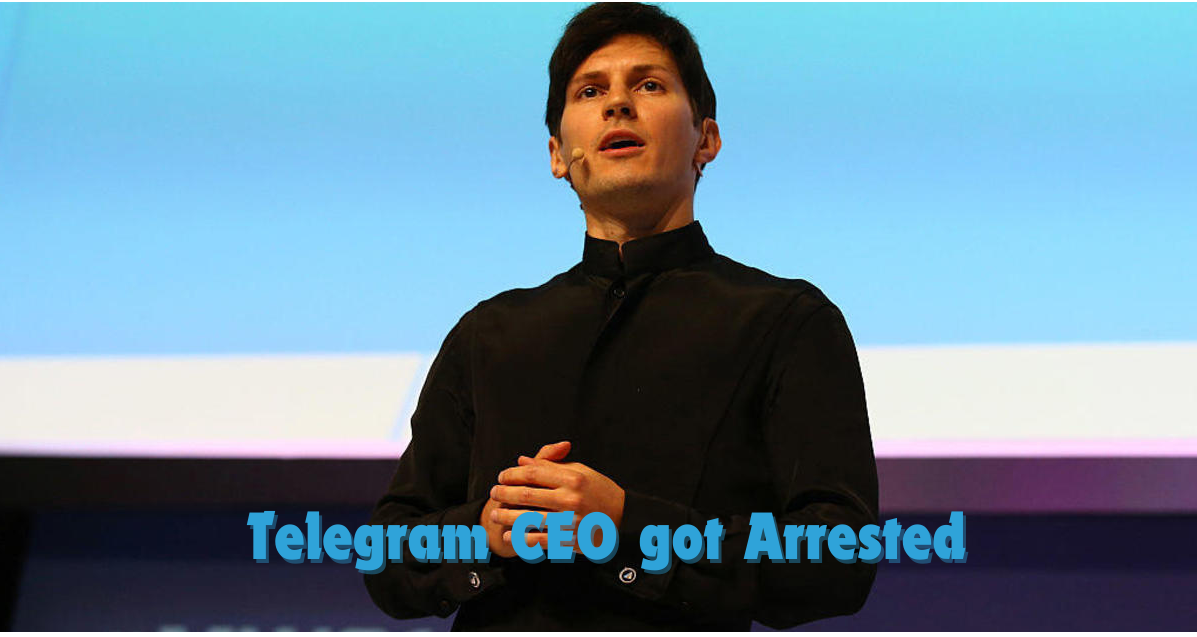Is Privacy a Crime? The Shocking Arrest of Telegram’s CEO, Pavel Durov

Introduction
Telegram, the popular messaging app, has millions of users worldwide who rely on it for fast and secure communication. Created in 2013 by brothers Pavel and Nikolai Durov, Telegram became a favorite for those who value privacy. But now, this very commitment to privacy has led to a huge controversy. Pavel Durov, the mastermind behind Telegram, was recently arrested in France, raising global debates about digital freedom and security.
Who Is Pavel Durov and Why Was He Arrested?
Pavel Durov, often called the “Mark Zuckerberg of Russia,” built Telegram with a clear mission: to give people a safe place for private communication, free from government interference. However, his dedication to privacy has now landed him in serious trouble. Durov was arrested at Le Bourget airport near Paris, accused of allowing Telegram to be used for illegal activities like money laundering, drug trafficking, and distributing child abuse material.
This arrest has shocked the tech community and sparked a heated debate. The big question is: can protecting privacy be seen as a crime? Durov’s case highlights the ongoing struggle between tech companies and governments over control of information and user data.
The Mystery of Juli Vavilova

Adding to the controversy is the involvement of Juli Vavilova, a 24-year-old crypto coach and streamer. Vavilova was reportedly with Durov when he was arrested, and her sudden disappearance afterward has only deepened the mystery. While some speculate that Vavilova might have played a role in Durov’s arrest, others believe she was simply in the wrong place at the wrong time. Her connection to the case is still unclear, but her involvement has fueled conspiracy theories and intensified the media frenzy.
Countries Cracking Down on Telegram
Durov’s arrest is part of a broader trend of governments trying to control digital platforms like Telegram. Countries such as Russia, Iran, and China have banned or restricted Telegram because it refuses to hand over user data. These governments claim they’re concerned about national security, but many people see these actions as attempts to control free speech.
In places like Indonesia and India, there are also growing concerns over Telegram’s use, with talks of potential bans or restrictions. As more countries try to clamp down, the future of Telegram in these regions remains uncertain, raising fears about the erosion of digital freedom.
A Legacy of Defiance: Telegram’s Standoff with Governments
Telegram has always been known for standing up to government pressure. In 2018, Russia tried to ban Telegram when Durov refused to hand over encryption keys that would allow the government to spy on users. Despite the ban, Telegram continued to operate, showing Durov’s unwavering commitment to privacy.
This defiance has won Telegram a loyal following among privacy advocates, but it has also made the app a target. As governments continue to push for more control, Telegram’s future remains a battleground for the principles of privacy and free speech.
What Durov’s Arrest Means for Digital Privacy
The arrest of Pavel Durov is a wake-up call for everyone who cares about digital privacy. It highlights the growing tension between maintaining user privacy and complying with government regulations. The outcome of this case could set a precedent that affects how tech companies handle encryption and user data in the future.
For Telegram’s millions of users, this arrest raises serious questions. Will Telegram continue to protect their privacy, or will it be forced to compromise? As the world watches this legal battle unfold, the stakes couldn’t be higher.
Conclusion: The Fight for Privacy Isn’t Over
Pavel Durov’s arrest marks a critical moment in the ongoing battle for digital privacy. As governments tighten their grip on tech companies, the principles that Telegram stands for are under threat. This case will likely influence the future of privacy and freedom of expression in the digital age.
Telegram’s journey, led by Pavel Durov, has always been about more than just messaging. It’s about standing up for the right to communicate freely and privately. As the story of Telegram and its controversial CEO continues to unfold, it will shape the future of how we connect in an increasingly controlled digital world.
Share this content:





Post Comment